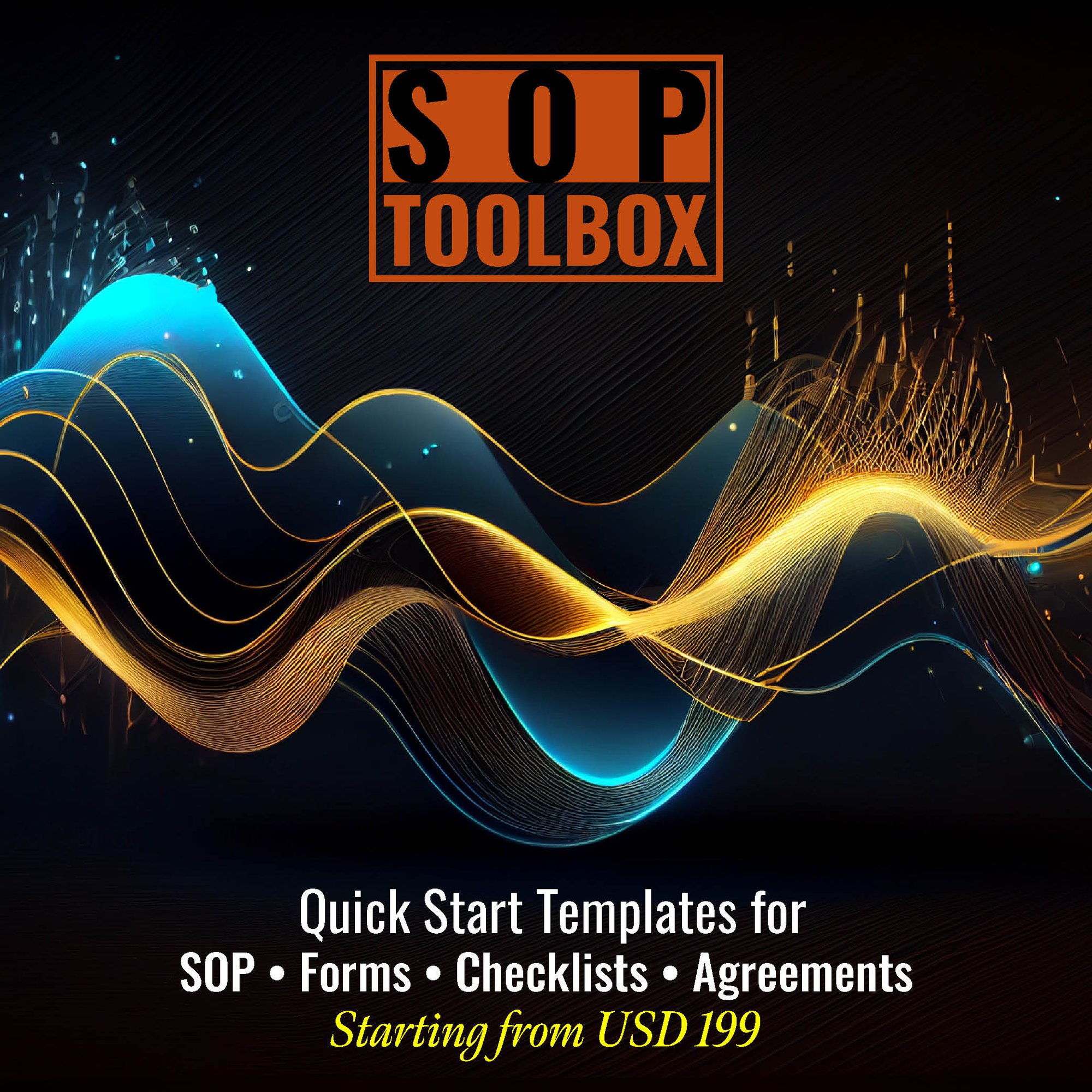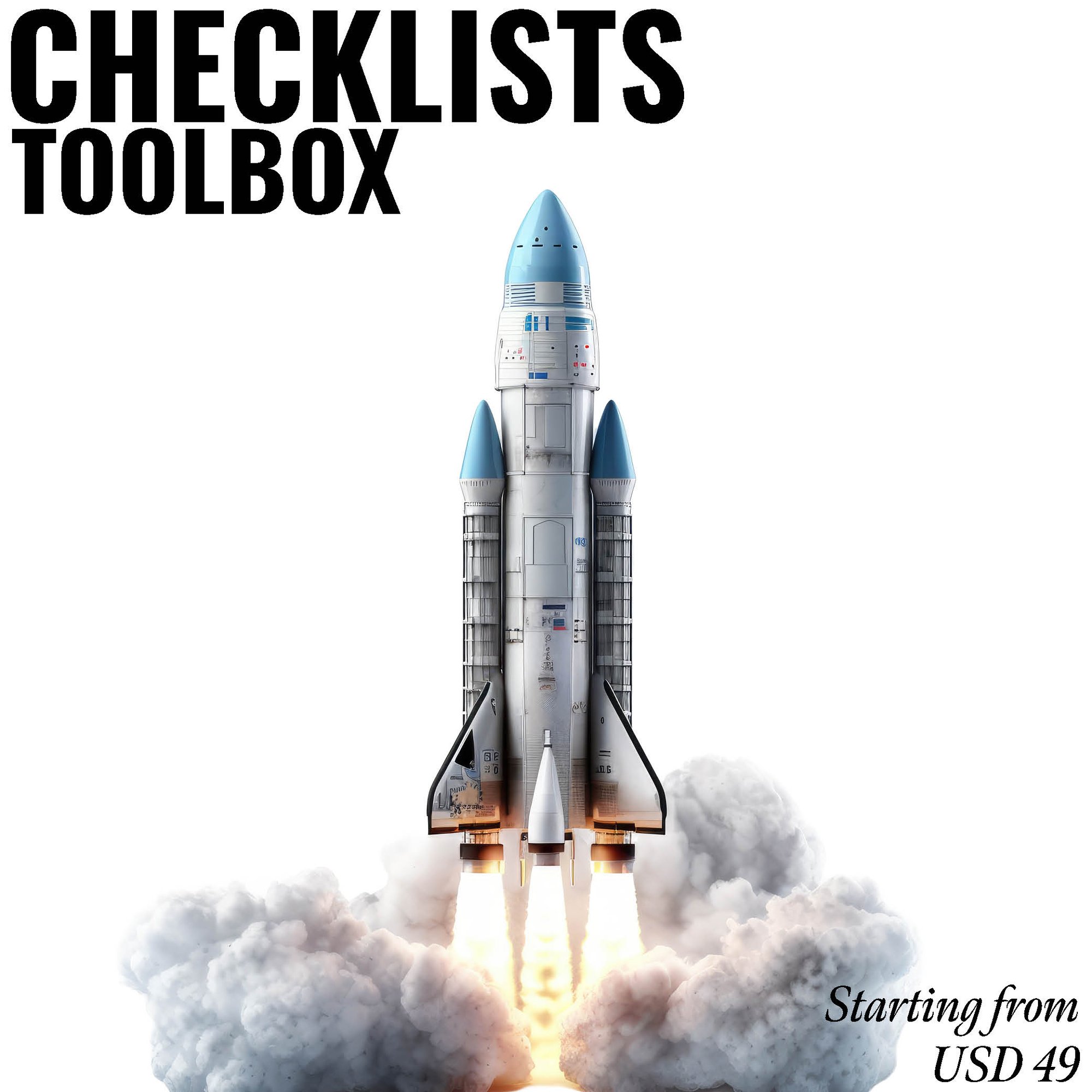Product recall procedures are critical frameworks that ensure defective, unsafe, or non-compliant products are swiftly removed from the market to protect consumers and maintain brand credibility. These procedures involve identifying defective products, notifying stakeholders, halting distribution, retrieving affected items, and managing communication with regulators and customers. A well-structured recall process minimizes financial losses, legal liabilities, and reputational damage. By implementing proactive risk assessments and response plans, companies can handle recalls efficiently, ensuring compliance with safety regulations. Proper execution of product recall procedures enhances consumer trust and demonstrates corporate responsibility in maintaining high product quality and safety standards.
Fhyzics Business Consultants’ Product Recall Procedures Templates provide organizations with a structured and efficient approach to managing product recalls. These templates offer step-by-step guidance on identifying potential hazards, executing recall processes, and maintaining regulatory compliance.
The templates include essential components such as risk assessment frameworks, recall action plans, communication protocols, documentation procedures, and regulatory reporting requirements. By utilizing these standardized guidelines, businesses can minimize response time, streamline decision-making, and enhance coordination among departments.
Fhyzics’ templates help organizations develop preventive measures, including quality control audits, traceability mechanisms, and product testing protocols, reducing the risk of defective products reaching consumers. In the event of a recall, these templates provide structured workflows for stakeholder communication, consumer notifications, product retrieval, disposal procedures, and post-recall evaluations to prevent recurrence.
By integrating Fhyzics’ recall procedures, companies can effectively mitigate financial risks, avoid legal complications, and safeguard their reputation. The templates ensure that recalls are conducted in compliance with industry standards and regulatory bodies, such as the FDA, ISO, and CPSC. With a well-documented recall strategy, businesses can uphold consumer safety, maintain brand integrity, and demonstrate their commitment to quality assurance and compliance.
Top 10 benefits of Product Recall Procedures:
1. Ensures Consumer Safety – Removes hazardous products from the market quickly.2. Protects Brand Reputation – Demonstrates responsibility and commitment to quality.
3. Minimizes Legal Liabilities – Ensures compliance with regulatory requirements.
4. Reduces Financial Losses – Prevents costly lawsuits and compensation claims.
5. Improves Crisis Management – Provides a structured approach to handling recalls.
6. Enhances Supply Chain Transparency – Tracks product defects effectively.
7. Strengthens Regulatory Compliance – Aligns with global safety standards.
8. Increases Customer Trust – Shows accountability in product safety management.
9. Optimizes Internal Processes – Streamlines recall actions across departments.
10. Prevents Recurrence – Implements corrective actions to enhance product quality.
This Article is Uploaded by: Gokul K
Keywords: Product recall procedures, product safety recall, recall management system, recall process steps, consumer product recall, defective product removal, recall action plan, product recall compliance, risk management in recalls, product defect identification, quality control audits, recall response strategy, supply chain recalls, recall documentation, crisis communication in recalls, product tracking system, regulatory recall guidelines, recall impact analysis, ISO product recall standards, FDA recall compliance, recall notification process, traceability in recalls, recall execution plan, product safety regulations, industry recall best practices, consumer safety recall procedures, recall prevention strategies, recall policy development, product recall coordination, brand reputation management, recall risk assessment, supplier recall policies, market withdrawal process, defective goods recall, corrective actions in recalls, recall case studies, recall management training, real-time recall tracking, recall contingency planning, global recall regulations, food product recalls, pharmaceutical recalls, automotive recalls, electronic product recalls, recall awareness campaigns, consumer protection policies, recall public relations strategy, recall decision-making process, defective product liability, supply chain disruption management, recall audit trails, compliance reporting for recalls, safety testing protocols, product certification and recall, risk-based recall approach, proactive recall planning, inventory recall tracking, customer recall notifications, recall emergency response, recall execution timeline, batch recall process, distributor recall coordination, government recall mandates, recall recall cost management, defective product complaints, product withdrawal strategy, company recall obligations, recall litigation risks, supply chain risk in recalls, insurance coverage for recalls, recall response time improvement, quality assurance in recalls, recall monitoring software, industry-specific recall guidelines, third-party recall support, product recall contingency funds, recall regulatory compliance, customer refund policies in recalls, recall hotline setup, logistics management in recalls, recall training for employees, real-time product monitoring for recalls, social media recall response, brand damage control in recalls, recall customer service best practices, company recall case studies, product defect reporting system, recall reporting to authorities, consumer protection agencies and recalls, recall investigation protocols, legal consequences of product recalls, environmental impact of recalls, recall disposal methods, and recall management innovations.















